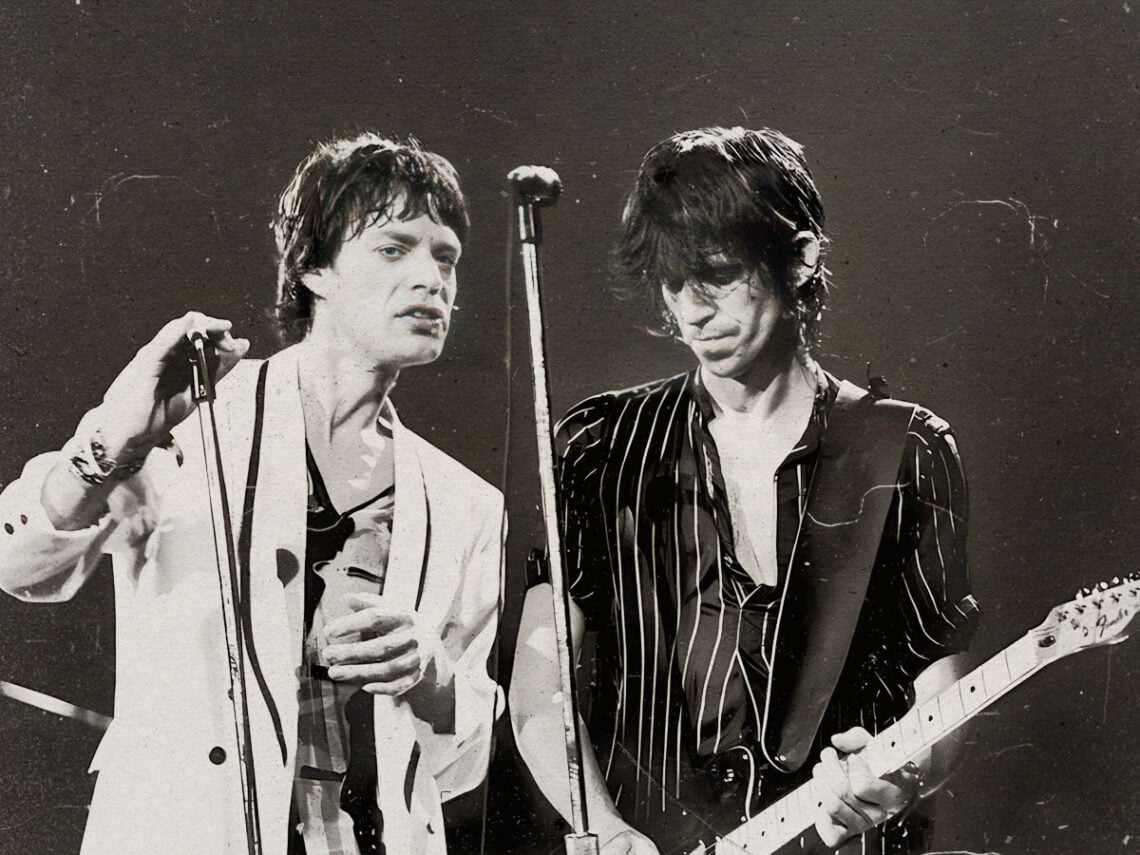The Rolling Stones are no strangers to making history. The band recently beat a new world record with their newest album, Hackney Diamonds, making them the only group in history to have a new album chart over seven different decades. So beloved as a band, the Stones have even managed to help out in times of political crisis.
One such occasion of The Rolling Stones seeming to defy the limitations of politics or social climate was in 1990 when the band took Prague by storm. At the time, the country was called Czechoslovakia. After a coup in 1948 following World War II, the country became ruled by the Communist Party. As part of the Eastern Bloc, the area was ruled by the party until the Velvet Revolution of 1989.
In a tricky climate where fear of communism was at an all-time high during the Cold War period that stretched from the 1940s long into the ‘70s, music didn’t travel behind the Iron Curtain very often. In fact, the Communist Party in East Germany even put together a special committee whose purpose was to set the ideological agenda and protect young people from the influences of Western youth culture, in particular rock and pop music.
Just as the rock music of the 1960s and beyond pioneered youth rebellion across the UK and USA, heralding in the sexual revolution and activism across gender and race, the Eastern Bloc feared it would do the same there. But you can’t hold back cultural influence forever, and slowly, word of artists like David Bowie, The Beatles, Elvis and The Rolling Stones started making its way into the communist state.
The political agenda tried its best to hold off the changing social climate, even forming communist cover bands to rewrite the new hit singles to fit their political ideals. But rock and roll’s influence couldn’t be stopped and is even credited as a significant tool in the downfall of the communist state, alienating the youth from the ideals they were raised with.
The Rolling Stones were one of the leading forces in the movement. Back in 1967, the band gained a rare invite to play in Warsaw, leading to a full-scale youth riot. But in 1990, only months after the revolution that ended communist rule, the Bloc took a second chance on the Stones.
After the fall of communism, the people of Czechoslovakia wanted to be involved in the global obsession with The Rolling Stones, desperate to have the band come and play live in their country. Spearheaded by Luboš Schmidtmajer, who ran the underground club Na Chmelnici, the country began lengthy negotiations about booking the band to perform live. Meeting with the band in 1990 during a tour stop in Vienna, the Stones eventually signed the contract, agreeing to be the first band to play a major rock concert in Czechoslovakia after the fall of communism.
The band seemed excited by the idea, and Mick Jagger even wrote to the president of Czechoslovakia to share his enthusiasm about coming to the country. Advertised with the slogan “Tanks are rolling out, the Stones rolling in”, the band’s late addition to their ‘Urban Jungle’ tour symbolised a new era for the area.
Taking on the role of foreign dignitaries or politicians, the show’s events feel more like peace talks than rock stars coming to play a gig. The band members were flown in on a government-chartered plane and had dinner with the president and his wife before a classic Rolling Stones hotel party.
More than 100,000 fans attended the concert. Before the fall of communism, the British band were known only through illegally circulated recordings and cassettes, but from the crowd reaction to their 20-song set list, word of the Stones has spread far and wide. Gaining a roaring reaction, the show was a historic event.
Ondřej Hejma, a journalist who attended the show, wrote, “The [Rolling Stones] concert at Strahov was a social event, a philosophical event and something like a milestone in history.”
The gig seemed like a shining symbol of the country’s newfound freedom, finally giving fans the chance to see their favourite band live and enjoy the music without fear. If all that wasn’t enough to make Prague love The Rolling Stones, the band waived all their fees and donated every penny made to charity, solidifying their status as local heroes.



